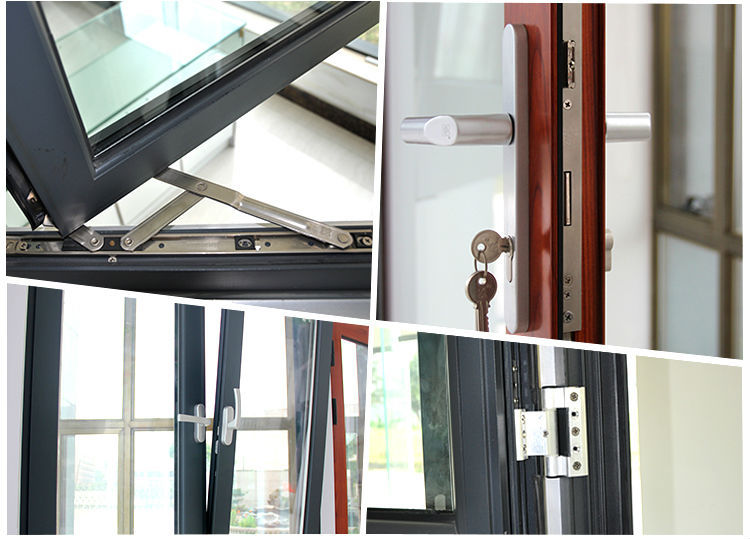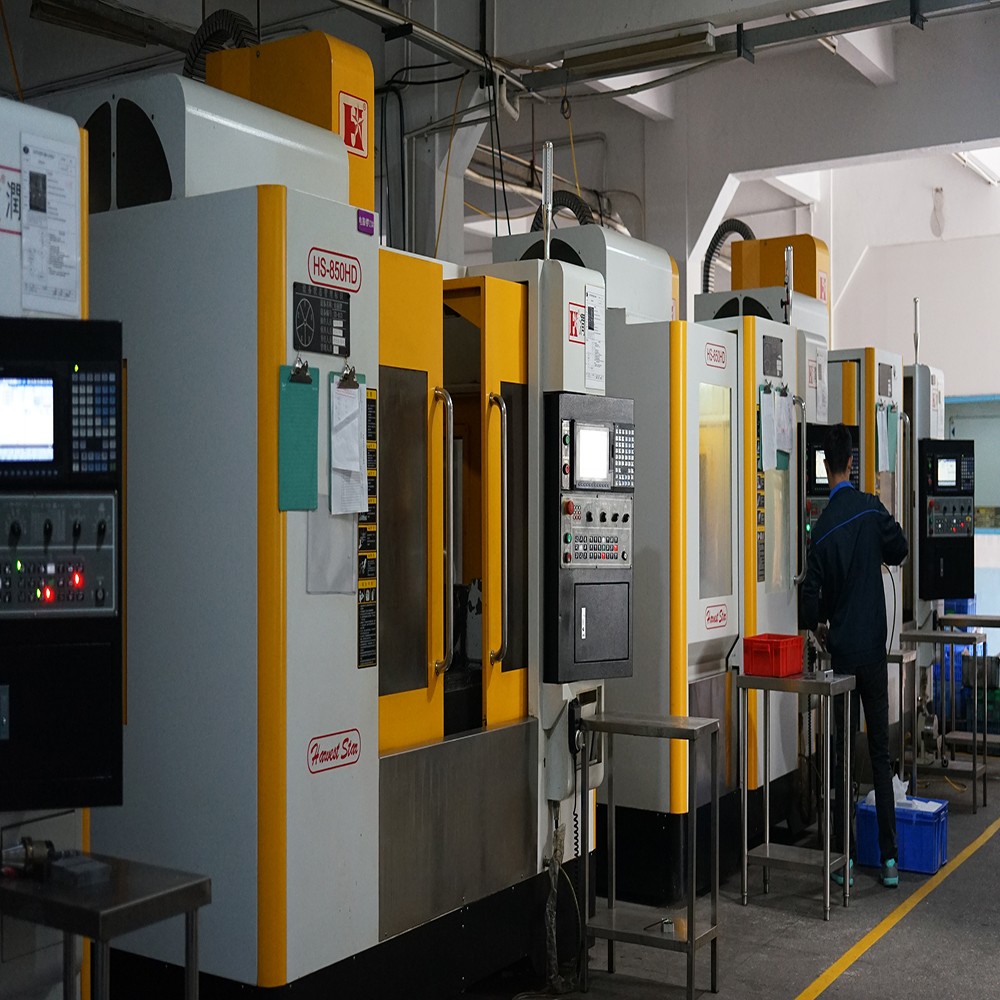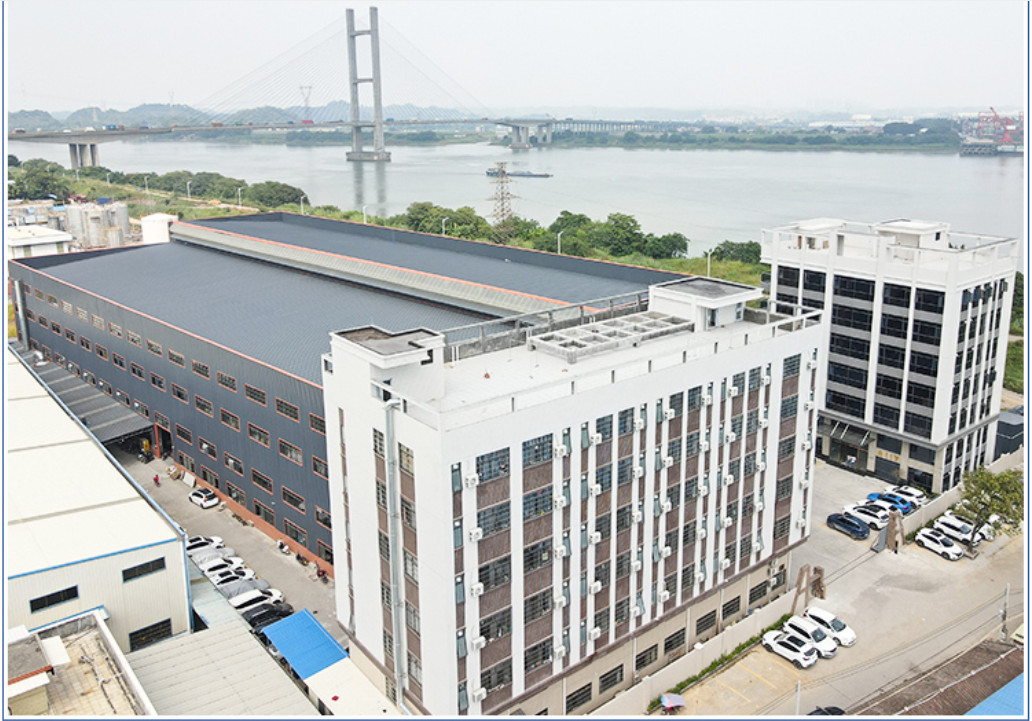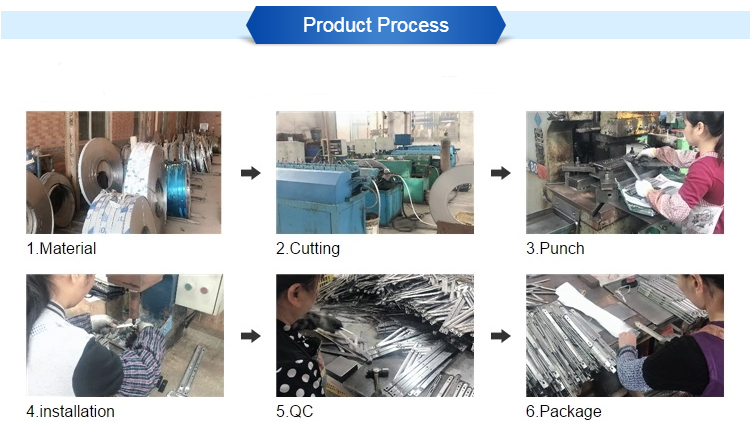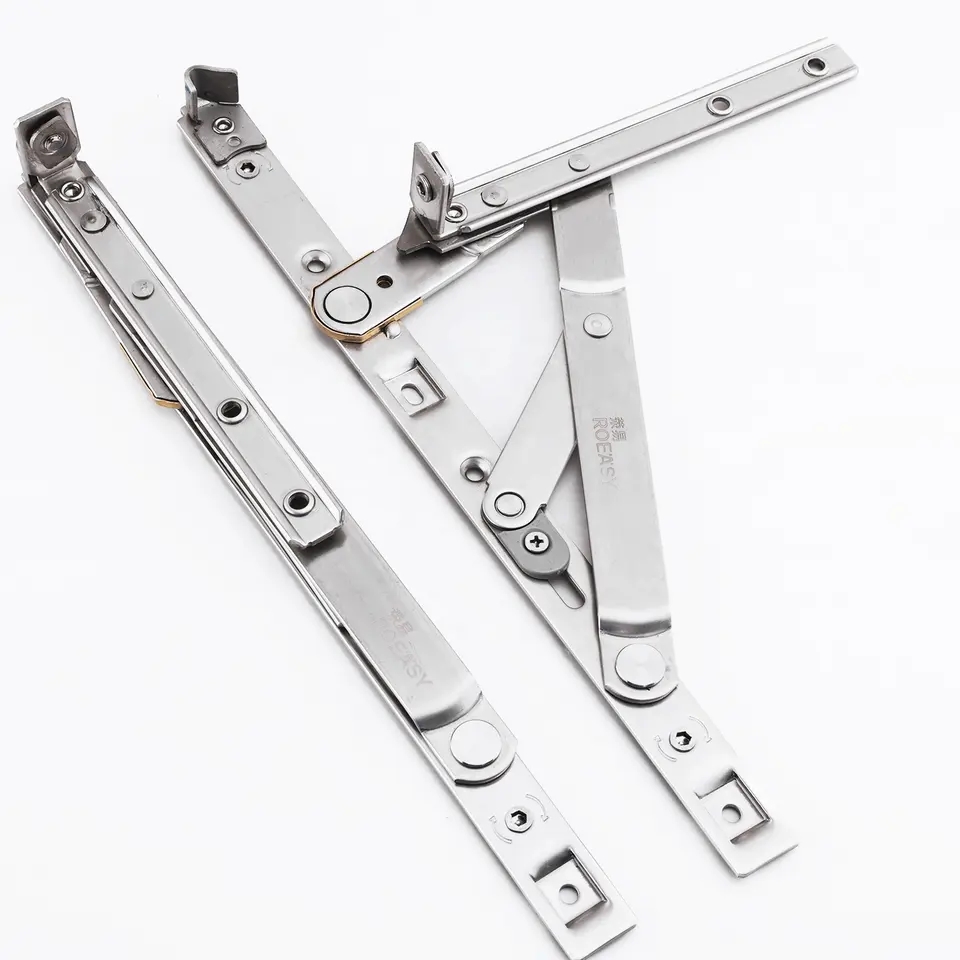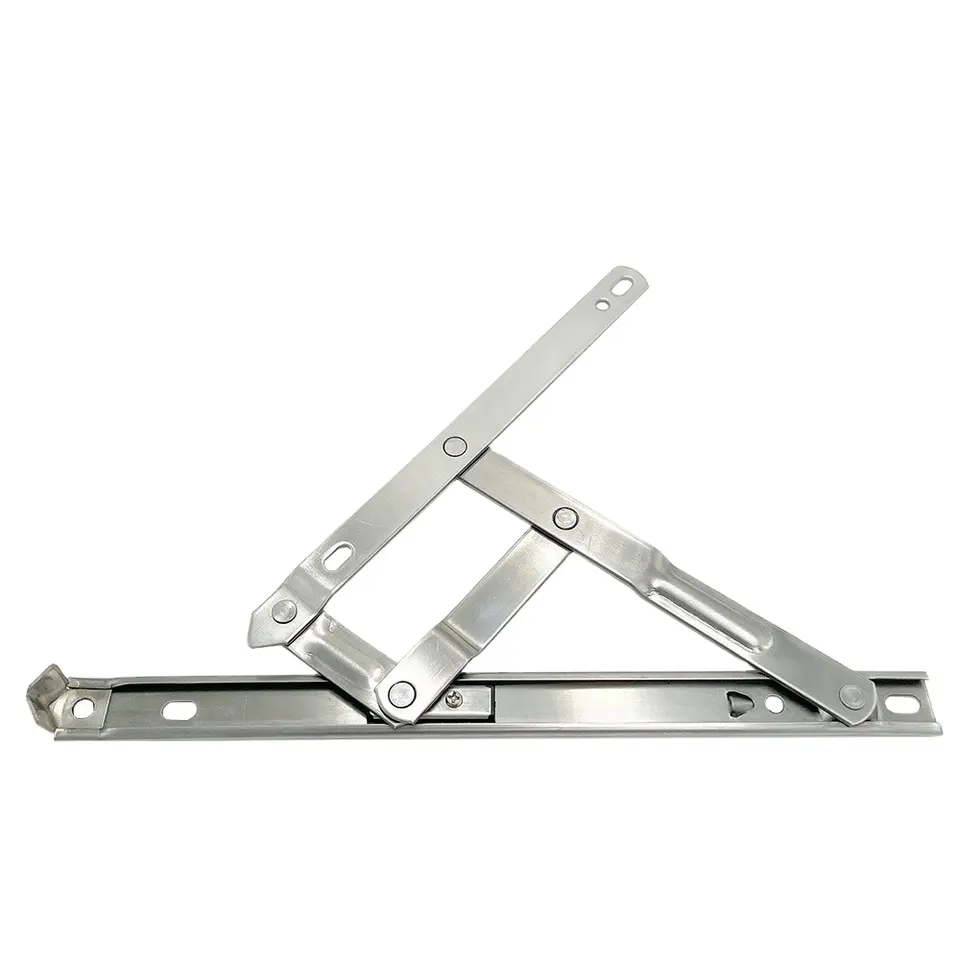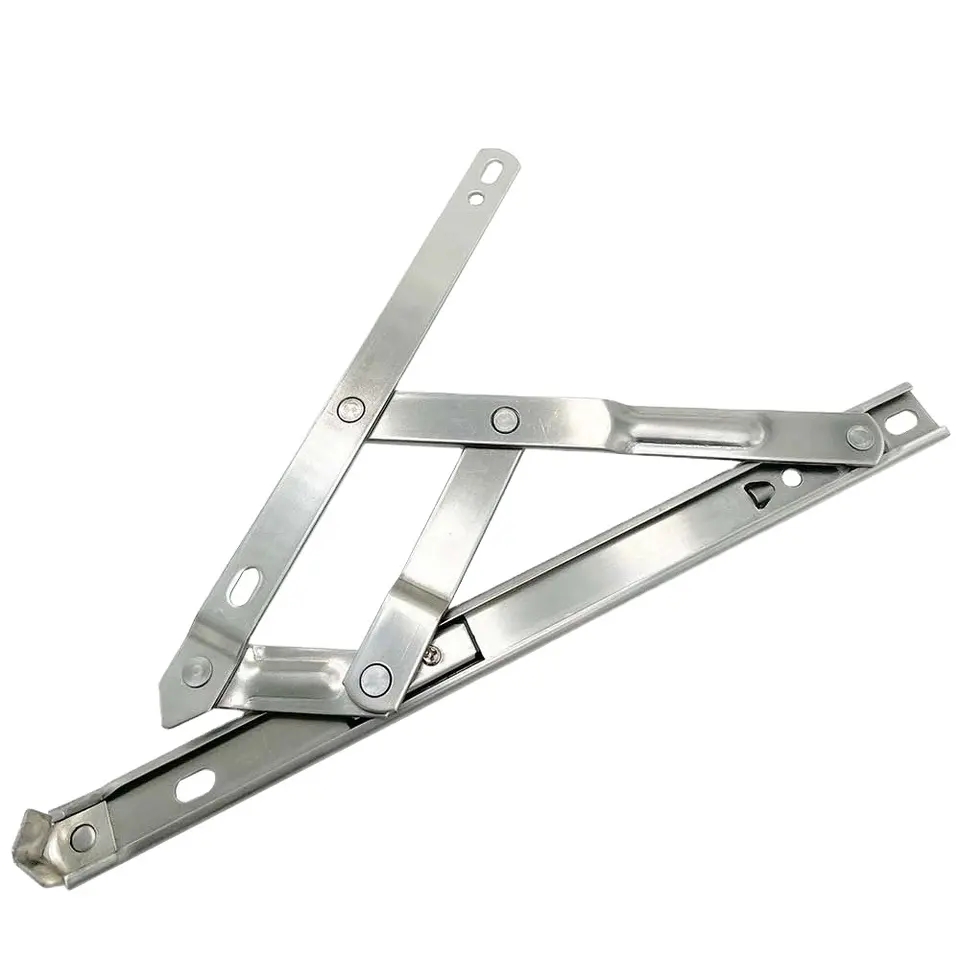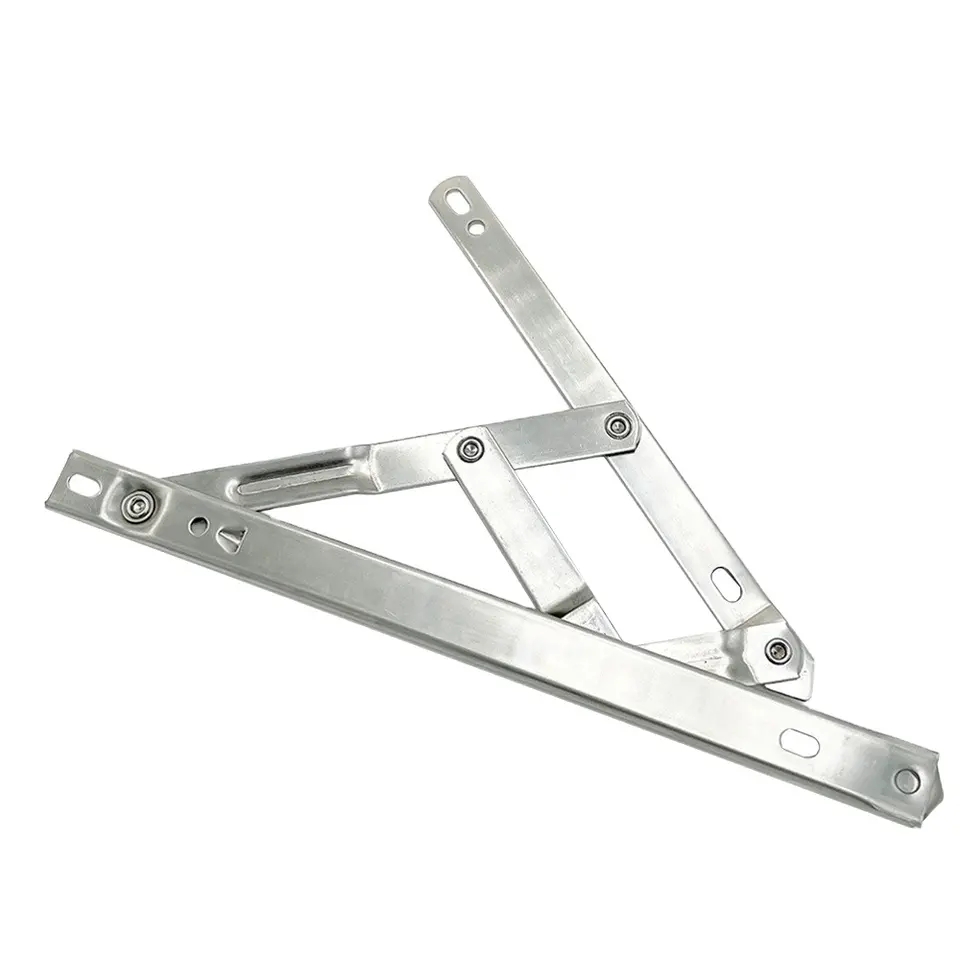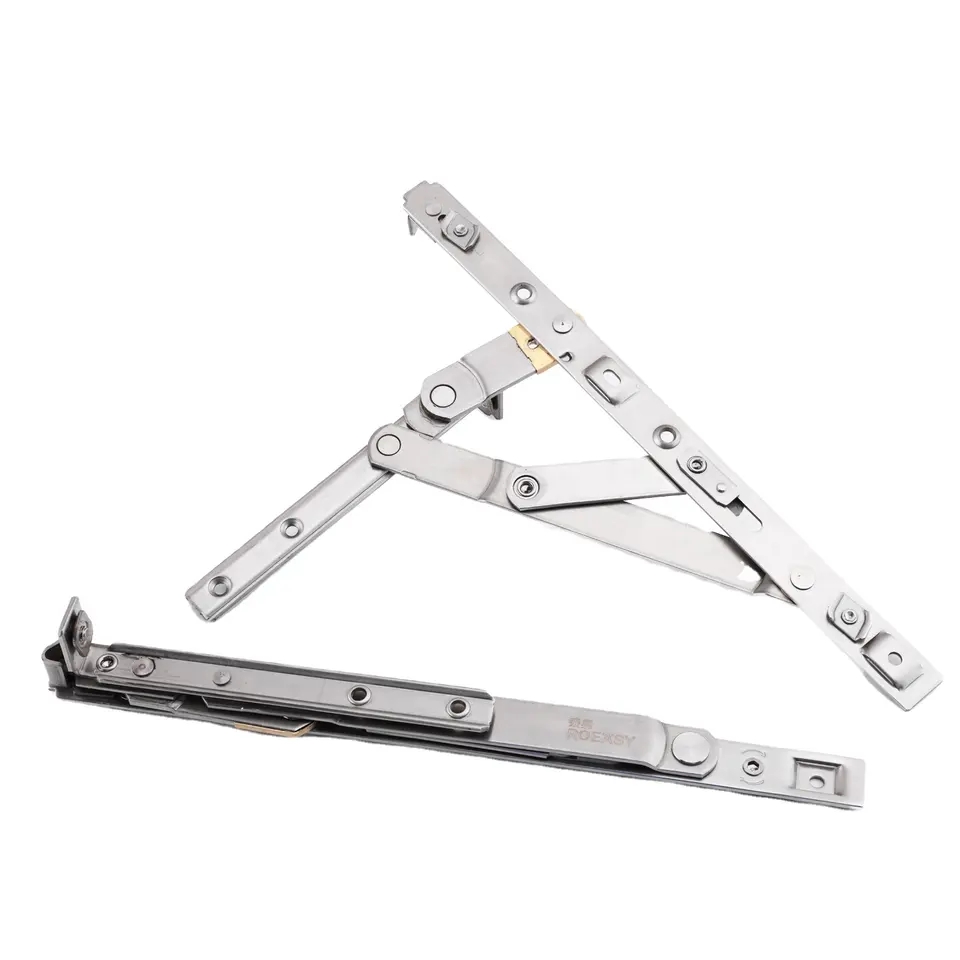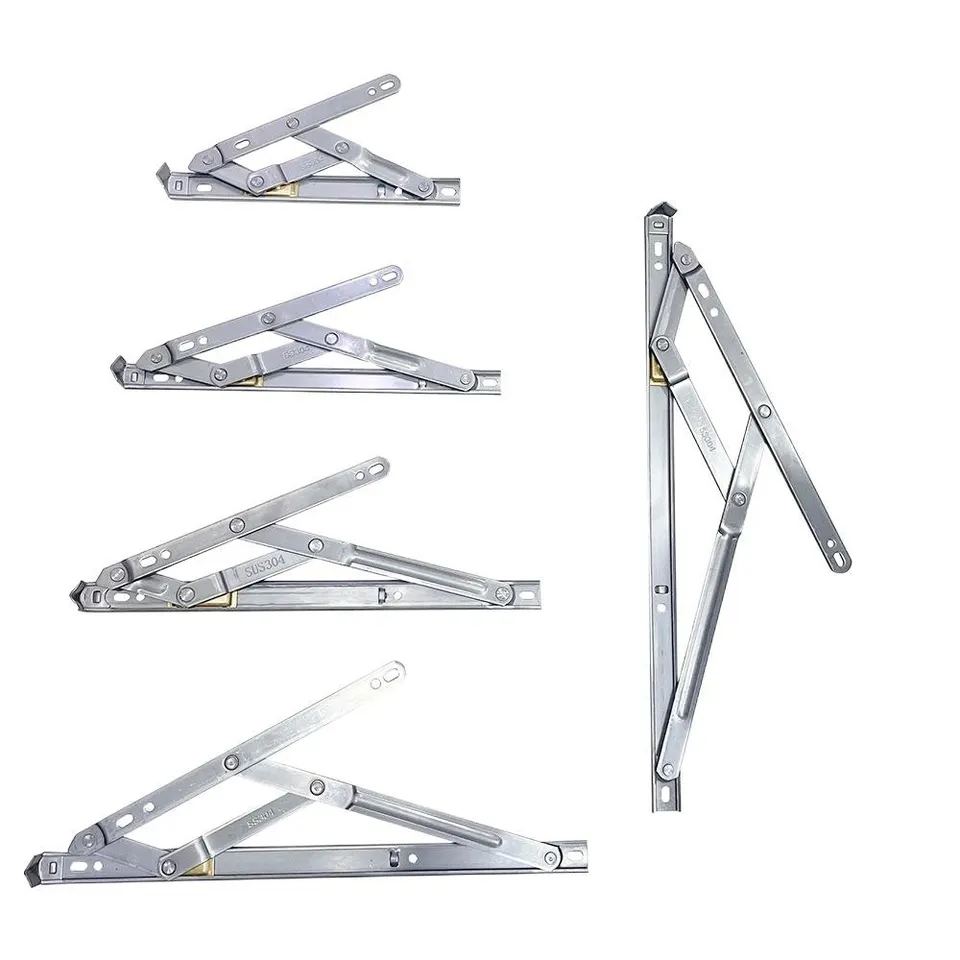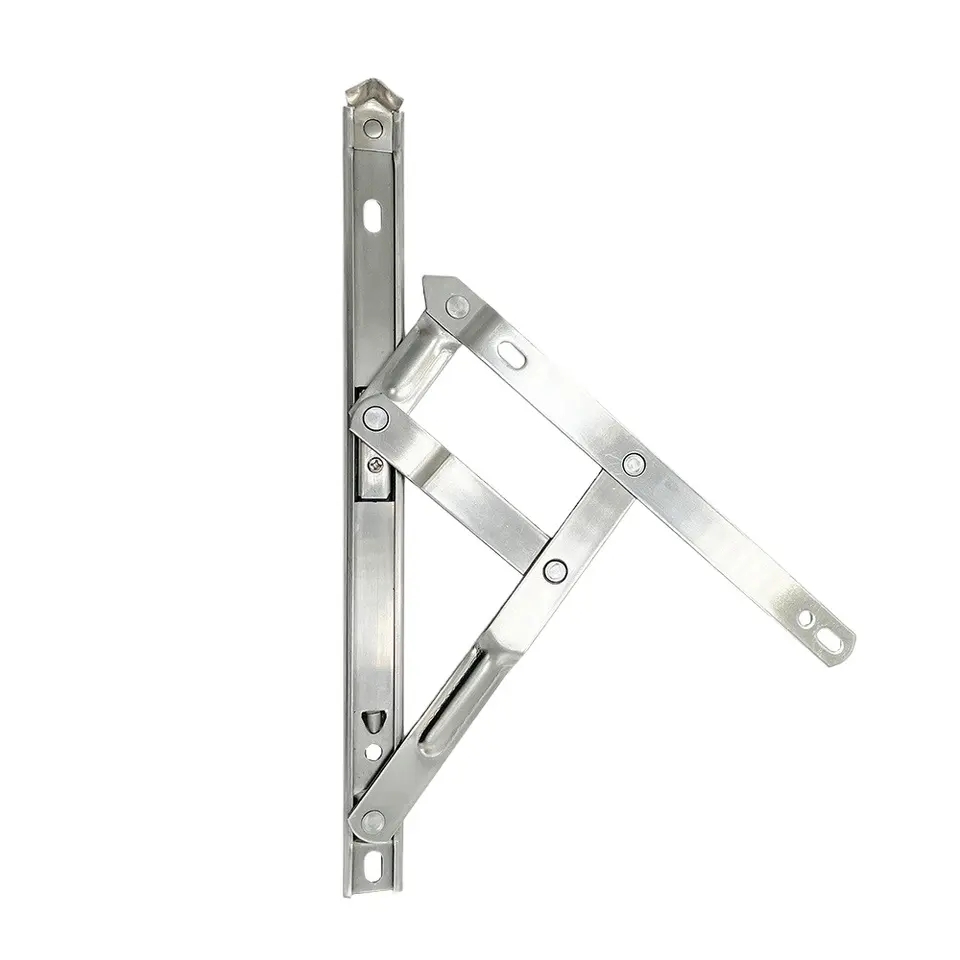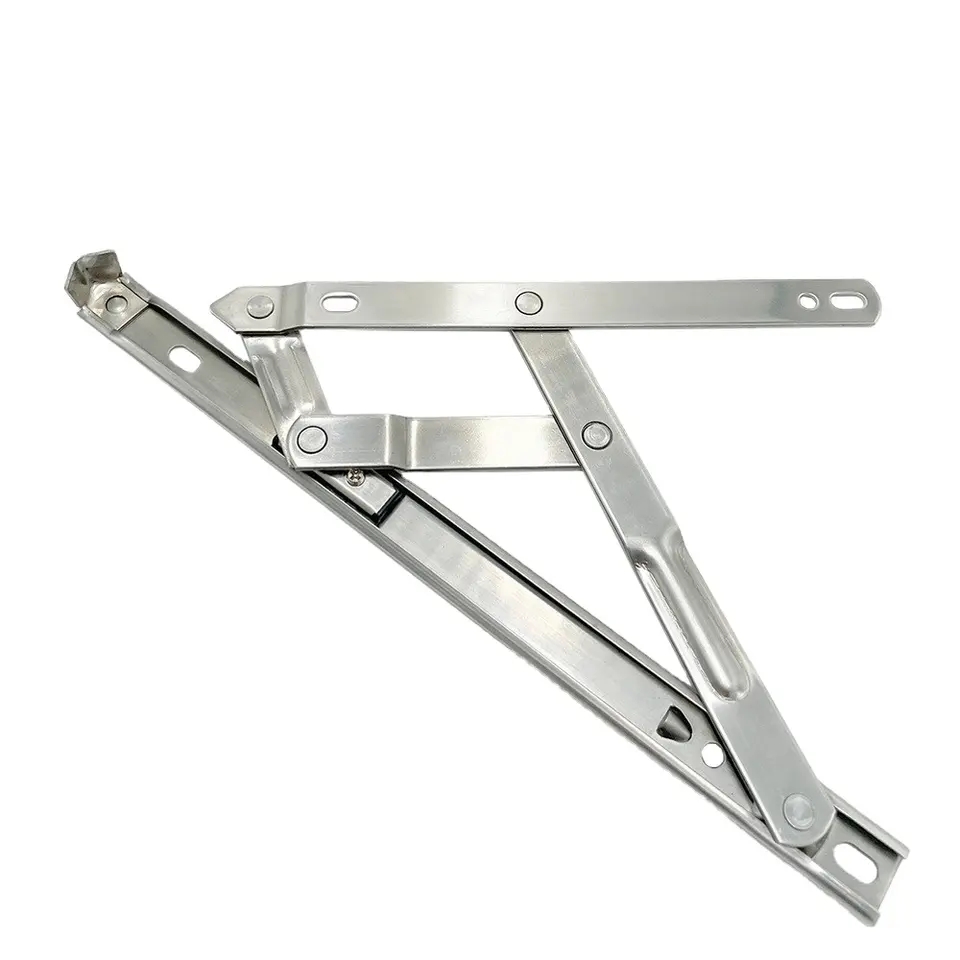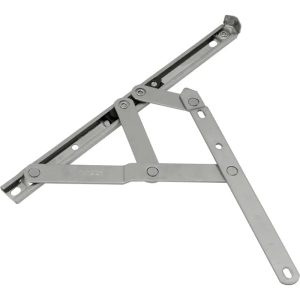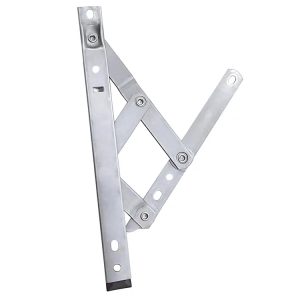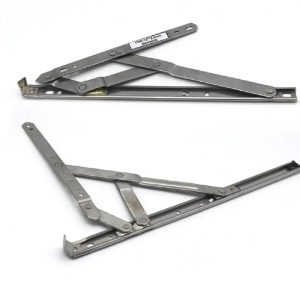Window Hinges: Sculpting Architectural Experiences Through Design and Motion
Introduction
In the canvas of architectural creation, where structures transcend utility to become expressions of human ingenuity, window hinges emerge as the sculptors of both design and motion. These unassuming yet indispensable components shape the physical and emotional experience of architectural spaces. This article delves into the symbiotic relationship between design and motion as orchestrated by window hinges.
Architectural Choreographers
Window hinges function as the choreographers of architectural movement. They orchestrate the way windows interact with their surroundings, guiding the rhythm of interaction between indoor and outdoor spaces. A pivot hinge opens like the first notes of a musical overture, inviting occupants to engage with nature, while a sliding hinge unveils vistas with the elegance of a dance performance.
Design as Storytelling
The design of window hinges narrates stories within the larger architectural narrative. Their form can speak to a building’s historical context or encapsulate a futuristic vision. Ornate hinges evoke a sense of timelessness, while sleek, contemporary hinges embody progress. Architects wield these design choices to weave tales that resonate with occupants, inviting them to connect with the building’s history or embrace its innovative spirit.
Elegance in Engineering
Beneath the surface of aesthetic design lies the precision engineering of window hinges. Engineers calculate forces, friction, and material strength to ensure hinges operate seamlessly and withstand the test of time. This engineering elegance transforms hinges into functional pieces of art that enhance both the visual and operational aspects of architecture.
Harmony of Aesthetics and Movement
Window hinges harmonize aesthetics and movement, creating a visual and sensory symphony. Architects have the creative freedom to choose hinges that align with the architectural vision. Whether it’s a hinge that blends subtly with the design or one that stands as an ornate accent, the resulting harmony enriches the architectural experience.
Bridging Past and Future
Window hinges serve as bridges between architectural heritage and modernity. While reproduction hinges pay homage to historical styles, contemporary hinges embrace innovative materials and technology. This dialogue between the past and the future encapsulates the ever-evolving nature of architecture, honoring tradition while embracing progress.
Subtle Guardians of Security
Modern window hinges integrate security measures while preserving aesthetics. Advanced locking mechanisms and streamlined designs provide peace of mind without compromising the overall visual integrity of a space. These hinges become the unobtrusive guardians that ensure safety without overshadowing beauty.
The Green Partnership
Window hinges contribute to sustainable design by promoting natural ventilation and energy efficiency. Architects strategically position windows to harness prevailing winds, allowing for passive cooling and reduced reliance on mechanical systems. Hinges become collaborators in the pursuit of environmentally conscious architectural solutions.
A Glimpse into Tomorrow
As architecture evolves, so will window hinges. With the advent of smart technology, sustainable materials, and innovative design concepts, the role of hinges will evolve. Hinges of the future might incorporate automation, adaptive features, and novel materials, continuing to shape the architectural landscape.
Conclusion
Window hinges are the artisans that sculpt architectural experiences, blending design and motion into an immersive journey. Their role extends beyond mechanical function to become integral elements of the built environment’s emotional narrative. Architects, partnering with window hinges, craft spaces that transcend the boundaries of utility, inspiring occupants to engage, explore, and connect with the artful symphony of architecture.
